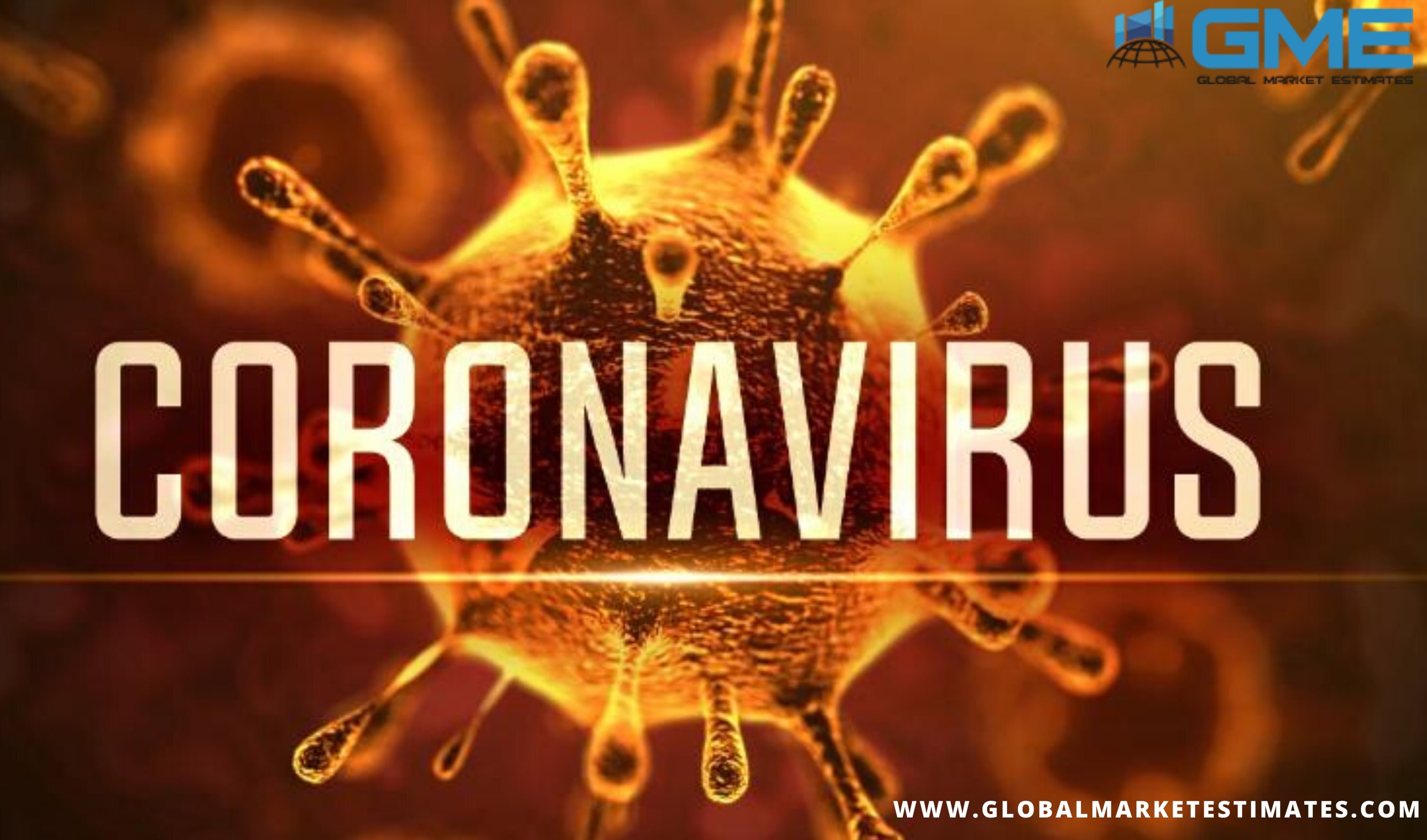With more than 1,26,000 cases of affected people across 114 countries, and 4,291 people losing their lives, the novel coronavirus, COVID-19 has been declared as a pandemic by World Health Organization (WHO) on 11-March-2020. As per the briefing of the Director-General of WHO, this is the first pandemic caused by a Coronavirus. Let us learn a little more about the outbreak that have shaken the world over the last three months.
What is COVID-19?
According to WHO- Coronaviruses fall into a large family of viruses that can cause illness to humans and animals. Coronaviruses can cause illnesses that vary from the common cold to more severe diseases. Till date, there were number of cases of Middle East Respiratory Syndrome (MERS) and Severe Acute Respiratory Syndrome (SARS). A novel coronavirus (nCoV) is a new strain that has not been previously identified in humans and is the cause of the current pandemic.
Coronaviruses are ‘zoonotic’ which implies that these viruses are transmitted between animals and people. Studies show that SARS-CoV usually transmitted from civet cats to humans. MERS-CoV, on the other hand, was transmitted from dromedary camels to humans. Several known coronaviruses are circulating in animals that have not yet infected humans.
Spread of COVID-19:
The first known case of novel Coronavirus (COVID-19) was first reported in December 2019 in Wuhan City in China. So far, most of those infected with the virus have been in China, and most of the deaths have occurred there, as well. Till date, China has seen 80,796 total cases of COVID-19, out of whom 3,169 of the patients have died. 62, 808 patients have recovered from the virus.
The list of severely affected countries includes Italy, South Korea and Iran who are coping with significant outbreak. Italy now has about 12,462 cases of them 827 deaths have been reported. South Korea has more than 7,000 cases reported with 66 deaths. Italy has presently imposed restrictions throughout the country to control the spread of the virus. Iran has about 9,000 cases with 354 deaths. Other affected countries include Switzerland, Denmark, Sweden, Spain, France, Japan, UK, India and so forth.The United States has seen more than 1300 cases and about 30 deaths.
What are the Symptoms?
The virus has an asymptotic period of up to 14 days. Symptoms can range from mild fever to pneumonia. People with coronavirus may experience fever, flu-like symptoms (coughing, sore throat and fatigue) and shortness of breath.
There is evidence that the virus can spread from person to person. Close contact with an infectious person or with the infectious person’s cough or sneeze can spread the virus. Touching objects or surfaces that have been in contact with an infectious person’s sneeze droplets or cough is also a reason for transmission.
Myth vs Reality:
Since the outbreak of COVID-19 there have been a lot of news in circulation. Most of them are not true. Let us look into a few of them:
Myth 1: Ordering or buying products shipped from China will make a person sick.
Reality: There has been regarding the new coronavirus to learn more about how it infects people. Till date, scientists note that most viruses like this one do not stay alive for very long on surfaces. Hence, it is not likely you would get COVID-19 from a package that was in transit for days or weeks.
Myth 2: One can protect yourself from COVID-19 by swallowing or gargling with bleach, taking acetic acid or steroids, or using essential oils, salt water, ethanol or other substances.
Reality: None of the afore-stated recommendations protects you from getting COVID-19, and some of these practices may be dangerous. The best ways to protect yourself from this coronavirus (and other viruses) is to maintain a good hygiene.
Myth 3: Pets at home spread the new coronavirus (2019-nCoV).
Reality: At present, there is no evidence that companion animals/pets such as dogs or cats can be infected with the new coronavirus. However, washing your hands with soap and water after contact with pets is always a good idea. This protects you against various common bacteria that can pass between pets and humans.
Myth 4: Eating garlic helps prevent infection with the new coronavirus?
Reality: There is no evidence from the current outbreak that eating garlic has protected people from the new coronavirus.
Myth 5: The new coronavirus affects older people.
Reality: COVID-19 has affected people of all ages. It is that older people or people with pre-existing medical conditions (such as asthma, diabetes, heart disease) might be more vulnerable to becoming severely ill with the virus.
Myth 6: There is a specific medicine to prevent or treat the new coronavirus?
Reality: To date, there is no specific medicine recommended to prevent or treat the new coronavirus (2019-nCoV). However, those infected with the virus should receive appropriate care to relieve and treat symptoms, and those with severe illness should receive optimized supportive care.
How to Prevent?
Although surgical masks are recommended, COVID-19 is not air-borne. Thereby, masks are not extremely effective. However, maintaining good hygiene routine is very important:
- washing your hands often with soap and water;
- utilizing a tissue and cowl your mouth after you cough or sneeze;
- avoiding close contact with others, like touching;
- cowl your mouth with the crook of your elbow to cough or sneeze to stop the diffusion of the virus;
- if feeling unwell, go and check with a doctor

